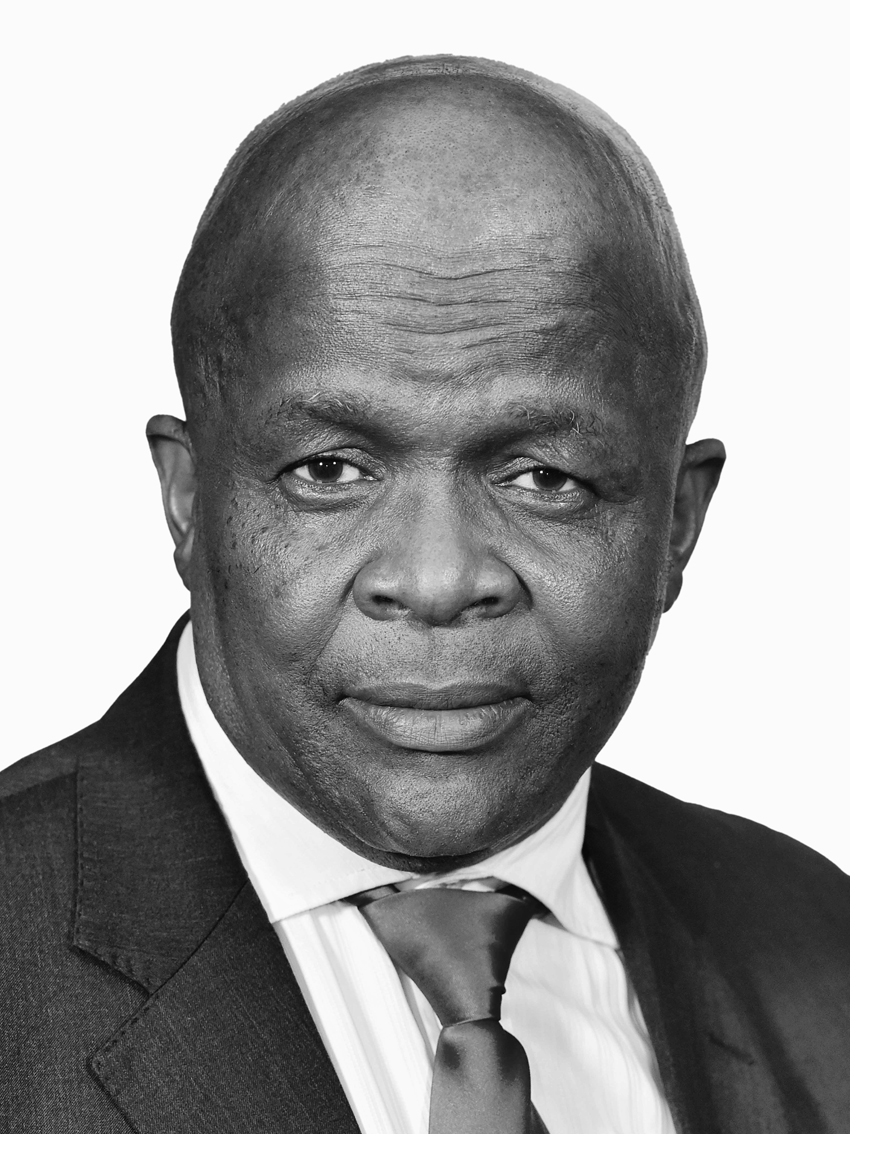Address by Minister Gungubele, Acting Minister of Finance, on the occasion of the debate on the Second Adjustments Appropriation Bill (2021/2022)

Honourable Speaker of the National Assembly,
Honourable Members,
Fellow South Africans.
Thank you for the opportunity to engage the house on the 2022 Second Adjustments Appropriation Bill (2021/22 financial year).
The Second Adjustments Appropriation Bill (2021/22 Financial Year) gives effect to adjustments to the appropriation of money from the National Revenue Fund for expenditure approved in the 2021/22 financial year and provides for matters incidental thereto.
The provision of an Adjustment Appropriation Bill is an important piece of legislation in our country. It allows the state to react with agility to deploy financial resources to cater for adjustments due to significant and unforeseeable economic and financial events.
On that note, I would like to outline the global and domestic context under which this debate is set; a global economy with the Russia-Ukraine conflict resulting in higher fuel and food prices and mounting inflationary pressure. This is in addition to a local economy that is experiencing low growth and high unemployment, recovering from the COVID-19 pandemic and the riots of July 2021, and most recently, the floods in KwaZulu-Natal and parts of the Eastern Cape and the North West.
This Second Adjustments Appropriation Bill is necessitated on two grounds.
The first is an additional deployment of financial resources towards the sourcing of vaccines against the COVID-19 pandemic. This includes a further R500 million to the National Department of Health to pay for COVID-19 vaccines and associated costs of logistics. Again, we must encourage all South Africans to vaccinate and get booster shots.
Secondly, the Appropriation Bill is about deploying financial resources to Sasria.
This adjustment is due to the financial impact of the 2021 July civil unrest. It is a fact that 2021 was a difficult year for our country, as we struggled to navigate our way through and mitigate the adverse economic and social disruption caused by the COVID-19 pandemic. We were faced with unanticipated violence, looting and destruction of public infrastructure that took place in July.
Sasria is a non-life insurer founded to cover losses, including those arising from public unrest and civil disobedience. Since its establishment in 1979 and its 43-year existence, Sasria has never experienced an event on the scale of the July unrest. Thus far, Sasria has emphasized that it has always been able to honour its financial obligations.
Public unrest, strikes, rioting, and acts of terrorism are encompassed in the risks covered by Sasria's short-term insurance. Government has reaped dividends amounting to R12.8 billion from Sasria.
However, in 2021 Sasria faced its gravest challenge yet as a result of the July unrest which resulted in R32 billion worth of claims. This left Sasria technically insolvent and unable to satisfy its financial commitments nor sustain its regulatory obligations such as a minimum solvency cover ratio (SCR) of 100% mandated by the Prudential Authority.
Our goal as government is to ensure that Sasria is financially stable. In the current financial year, the government has given R22 billion to Sasria to assist in settlement of claims and guarantee that the insurer has adequate capital to fulfil regulatory requirements.
This comprises R3.9 billion through the Second Special Appropriation Act (2021), R11 billion through the Adjustment Budget, and R7.1 billion through Section 16(1) of the Public Finance Management Act to respond to unforeseen and unavoidable events.
Beyond the financial responsibility, Sasria will also revise premiums, evaluate reinsurance agreements, and explore opportunities to expand its customer base to bolster its ability to respond to risks.
Honourable Members, it is important also to state the current socio-political context in which Sasria is operating. The macro-economic conditions of low economic growth, rampant inequality and high unemployment are taking place in tandem with the report from the Zondo Commission on State Capture.
As indicated during the budget speech, corruption is a major blight on the economy, it dilutes limited resources meant to serve the people of South Africa, weakens the capacity of the state to deliver, renders us fiscally more vulnerable, and erodes public trust in the state. Therefore, it must be eroded at all costs.
Thank you, Honourable Members, I now hand over to the Speaker.




